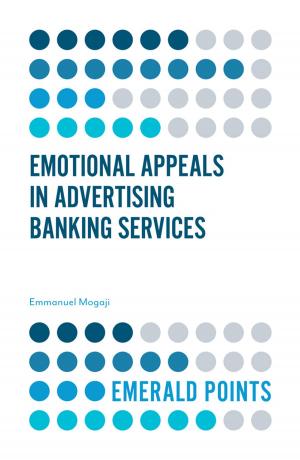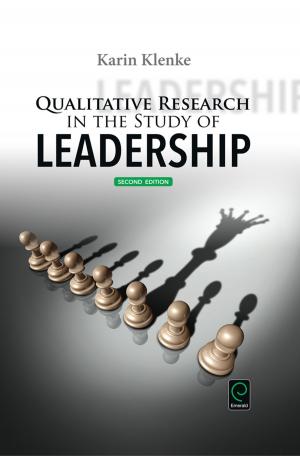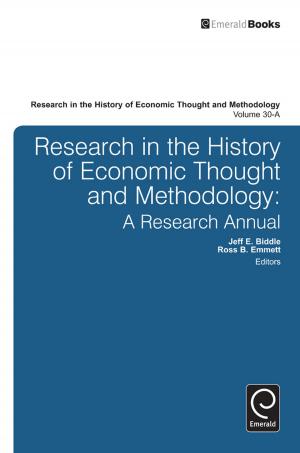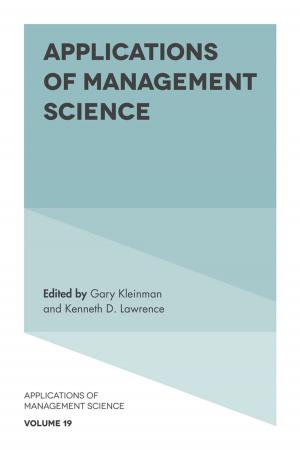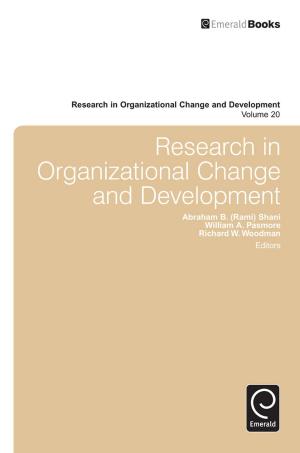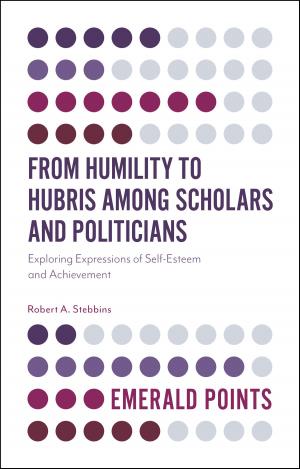The Ideological Evolution of Human Resource Management
A Critical Look into HRM Research and Practices
Business & Finance, Management & Leadership, Management, Human Resources & Personnel Management| Author: | Dr Sami Itani | ISBN: | 9781787434608 |
| Publisher: | Emerald Publishing Limited | Publication: | September 22, 2017 |
| Imprint: | Emerald Publishing Limited | Language: | English |
| Author: | Dr Sami Itani |
| ISBN: | 9781787434608 |
| Publisher: | Emerald Publishing Limited |
| Publication: | September 22, 2017 |
| Imprint: | Emerald Publishing Limited |
| Language: | English |
This book is a pioneering work that maps out the ideological evolution of HRM research and practices, with a particular focus on our contemporary era of multinational corporations. It explores the ideological evolution of Human Resource Management (HRM) from the 1950s to the present day and maps out the development of HRM research and practices from a Critical Theory perspective. Its findings open up avenues for metatheoretical development within the HRM research field and provide employees under modern capitalism with emancipatory awareness.
Both the theoretical framework and the empirical findings of this study will be of interest to HRM researchers as well as management researchers of all epistemological backgrounds, particularly those working within Critical Management Studies. This work will also appeal to teachers and students, and it could serve as a textbook for a number of postgraduate level courses, including Organization Theory, Critical Management Studies, Human Resource Management, Business History, Sociology of Management, and Critical Theory.
This book is a pioneering work that maps out the ideological evolution of HRM research and practices, with a particular focus on our contemporary era of multinational corporations. It explores the ideological evolution of Human Resource Management (HRM) from the 1950s to the present day and maps out the development of HRM research and practices from a Critical Theory perspective. Its findings open up avenues for metatheoretical development within the HRM research field and provide employees under modern capitalism with emancipatory awareness.
Both the theoretical framework and the empirical findings of this study will be of interest to HRM researchers as well as management researchers of all epistemological backgrounds, particularly those working within Critical Management Studies. This work will also appeal to teachers and students, and it could serve as a textbook for a number of postgraduate level courses, including Organization Theory, Critical Management Studies, Human Resource Management, Business History, Sociology of Management, and Critical Theory.

